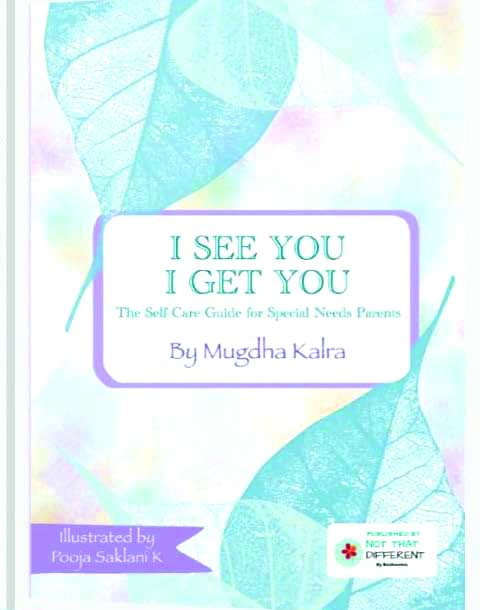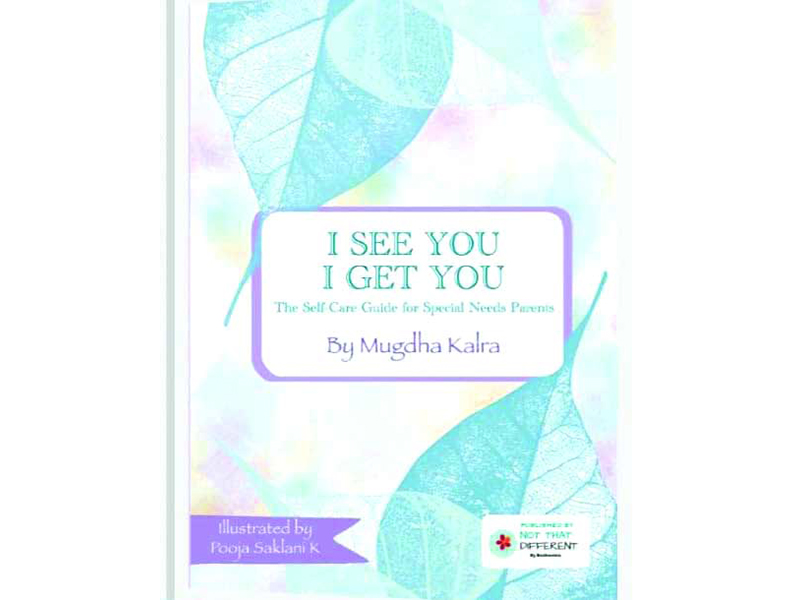
by Mugdha Kalra; Bookosmia; 195 pp; Price: Rs. 329
– Yoginder Sikand
Children with disabilities have to contend with numerous challenges, and so do their primary care-givers, who, in most cases, are their biological parents. I See You I Get You: The Self-Care Guide for Special Needs Parents provides a broad overview of major challenges faced by parents of special needs children and renders useful advice. Author Mugdha Kalra writes from her personal experience as the mother of a son with autism and co-founder of ‘Not So Different’, a movement that promotes awareness about neurodiversity and inclusion of people with autism in society.
This is an eminently practical book, offering special needs parents valuable hands-on guidance on a wide range of issues to enable them to be more conscientious parents and lead more fulfilling lives.
Drawing upon reflections and insights from her own life, Kalra offers them precious suggestions, starting from how to respond to the initial diagnosis that one’s child has autism to schooling/homeschooling and related issues, how to plan for a special child’s future economic security at a time when her parents may no longer be around. Kalra provides useful tips on what to do and whom to consult when one learns of the autism diagnosis, beneficial therapies, and medication-related advice.
She also discusses various life-skills that parents need to teach their children, such as self-care, recognizing emotions, daily living, communication, safety, financial literacy and vocational skills. “The biggest education that you can work on giving your children with any kind of neurodiversity is to live independently in life”, writes Kalra, so that they can “go about their daily activities with minimal support. All their learning goals should be aligned with only this one agenda.”
Refreshingly, Kalra advises parents of special needs children the importance of caring for themselves. She provides valuable self-care suggestions, including aids for personal growth such as reflective writing, gratitude journaling, visualizations, positive affirmation, meditation and physical fitness.
In particular, the book provides excellent advice about coping with caregiver burnout, strain in spousal relations, ground rules for family members, nurturing supportive relationships with friends and extended family who can assist with caregiving, and responding to unpleasant situations arising from insensitive reactions to special children by others. Considerable space is also devoted to the issues of finances, documentation, and residential arrangements to ensure that a special needs child can be economically secure while her parents are alive and after they pass.
Another key issue discussed is that of caregiver inclusion in the workplace, with the book suggesting that workplaces should provide such parents flexible working hours, caregiving stipends, onsite childcare and remote work options. In sum this book is an invaluable resource for parents of special needs children.
